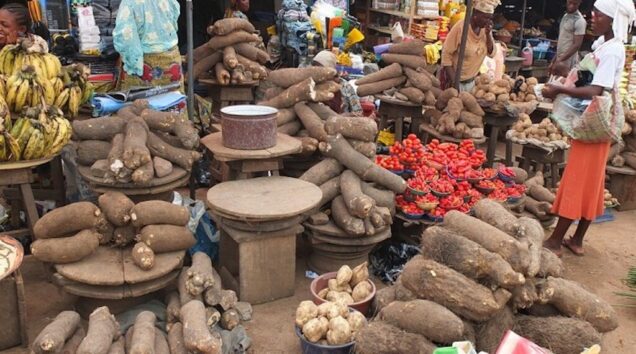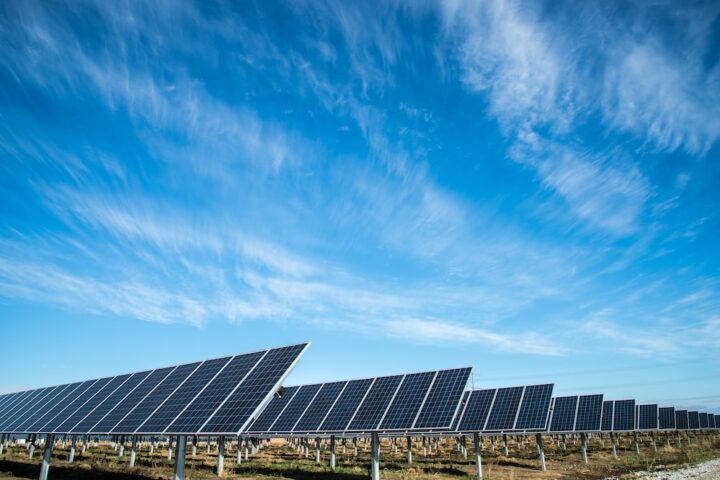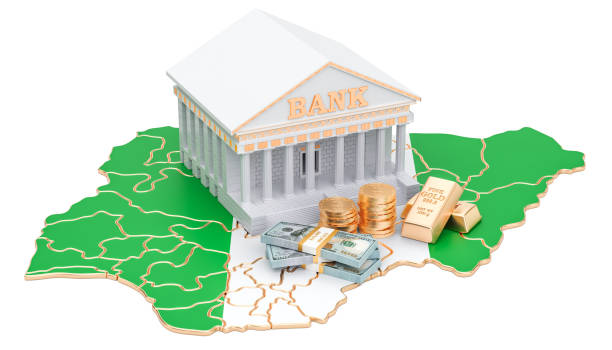The specter of a severe food crisis looms over parts of Nigeria, with the World Bank shedding light on the underlying factors fueling this imminent threat.
In its latest Food Security report, the bank singles out seven states in the North-west and northeast regions as particularly vulnerable due to heightened insecurity and armed conflicts, which have diminished living standards.
Join our WhatsApp ChannelSpeaking directly on the issue, the World Bank stated, “Persistent insecurity and armed conflict, alongside deteriorating livelihoods, place areas within Borno, Adamawa, Kaduna, Katsina, Sokoto, Yobe, and Zamfara states at crisis food security levels.”
Despite governmental efforts to mitigate the situation, including plans to cultivate vast swathes of farmland, the severity of the crisis persists.
The report underscores the grim reality that food insecurity will likely persist until May 2024, with Nigeria’s northern regions bearing the brunt.
READ ALSO: Nigeria Seeks Fresh $1.5bn World Bank Aid To Tackle Forex Crisis
This dire situation is exacerbated by global trends, such as the ongoing Russia-Ukraine conflict, which has further inflated food prices worldwide. In Nigeria, the escalation of food prices has reached alarming levels, with food inflation surpassing 33 per cent, according to the latest CPI report from the National Bureau of Statistics.
Moreover, the report highlights the broader regional ramifications, with neighboring countries like Burkina Faso, Chad, and Niger also grappling with varying degrees of food insecurity.
The World Bank’s findings underscore a troubling global trend, wherein low and middle-income countries bear the disproportionate burden of rising food prices.
In real terms, food price inflation outpaces overall inflation in the majority of countries surveyed, further exacerbating the challenge of accessing affordable and nutritious food.
Amidst these sobering revelations, the urgency of addressing food insecurity cannot be overstated.
Despite declarations of emergency and governmental interventions, such as President Bola Tinubu’s recent move to elevate food security to the National Security Council, tangible solutions remain elusive. The recent protest in Niger state serves as a poignant reminder of the gravity of the situation, as citizens grapple with the harsh reality of rising food prices and hunger.
In light of these developments, concerted efforts at both national and international levels are imperative to avert a full-blown humanitarian crisis and ensure food security for all.
Emmanuel Ochayi is a journalist. He is a graduate of the University of Lagos, School of first choice and the nations pride. Emmanuel is keen on exploring writing angles in different areas, including Business, climate change, politics, Education, and others.


















Follow Us